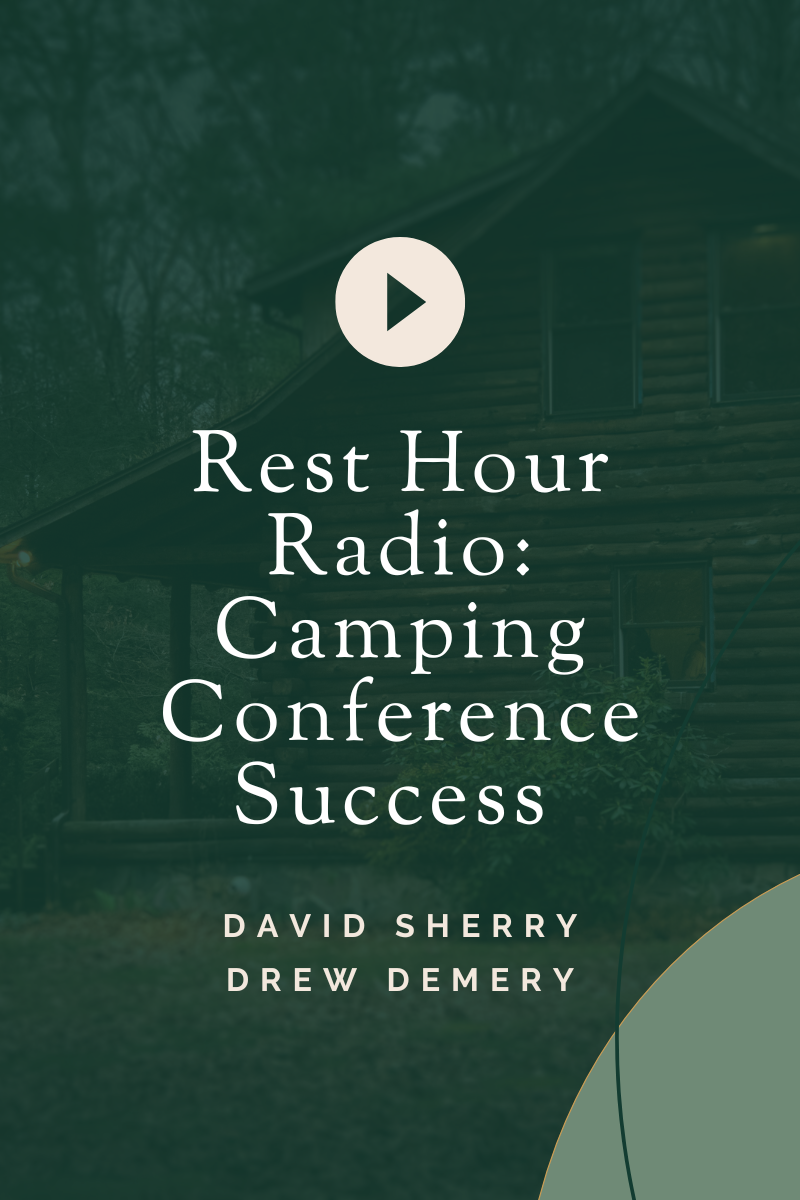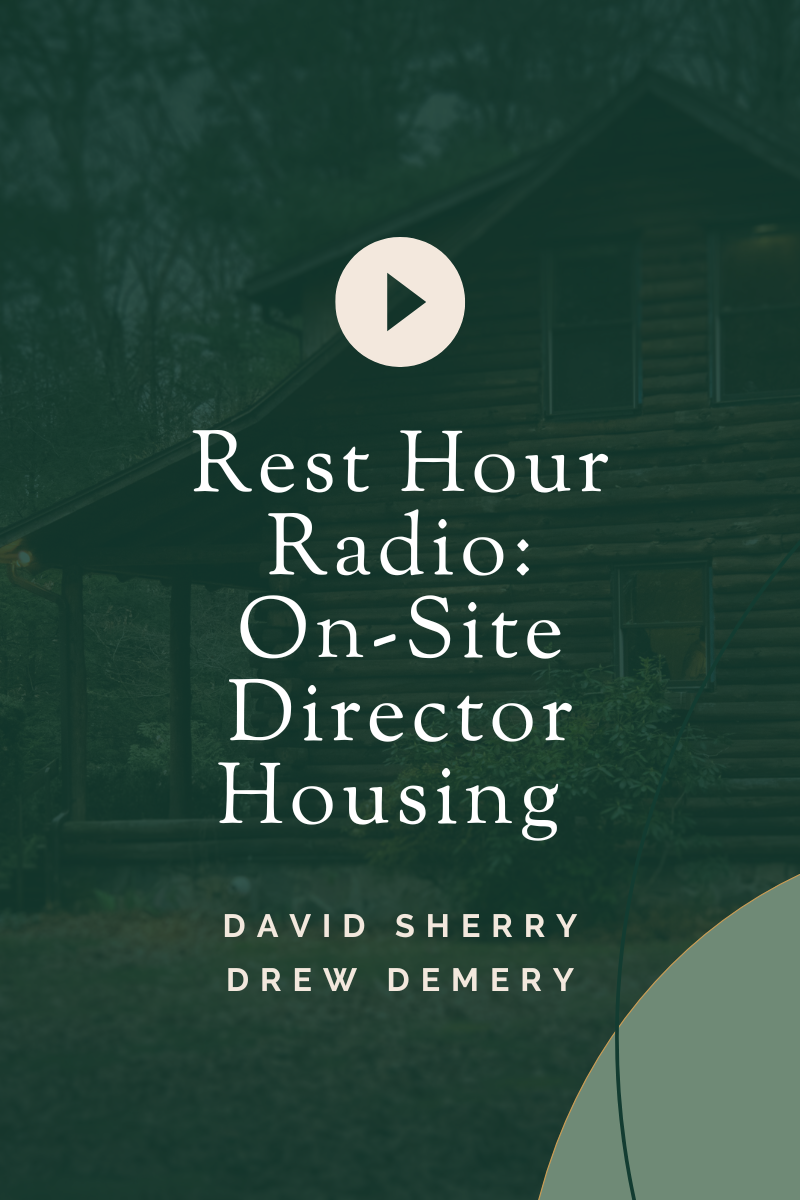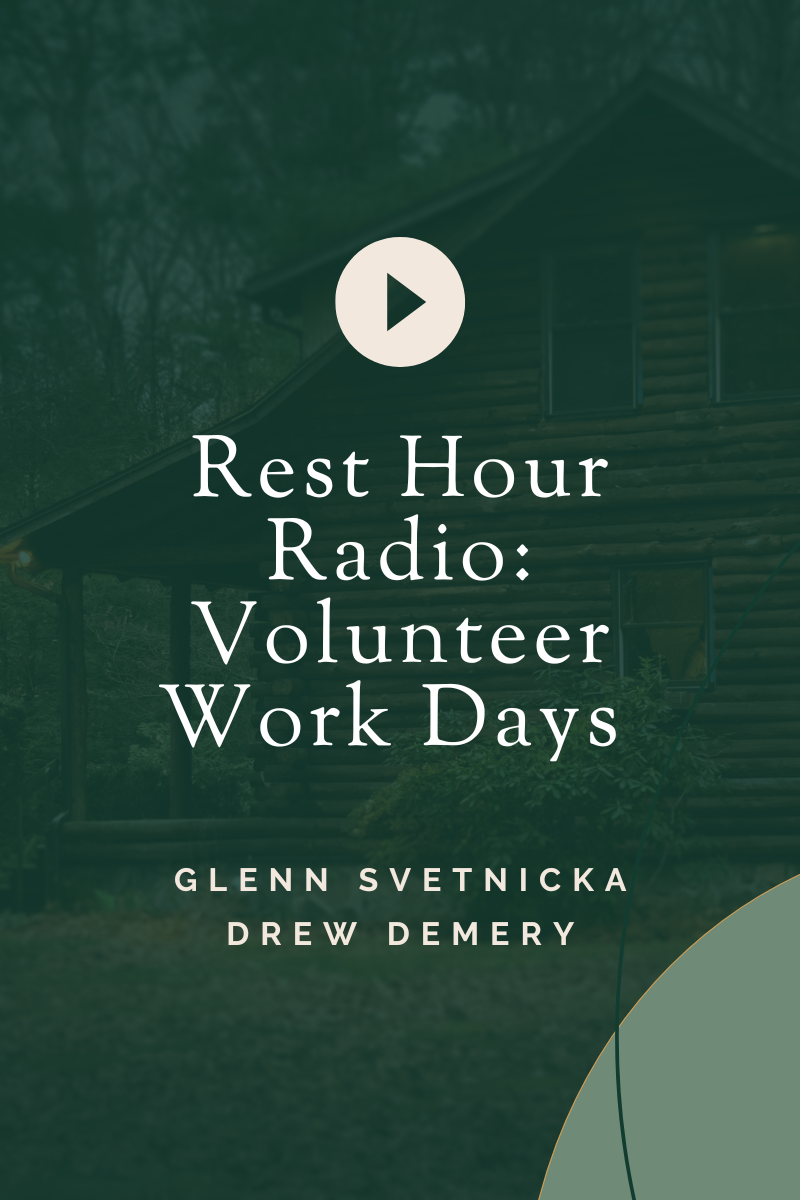You cannot do your mission if you are bankrupt.
Camps hold a special place in the hearts of many, offering spiritual growth, community bonding, and unforgettable memories! To ensure they continue to thrive and serve their mission effectively, it's crucial to consider running them with a business mindset. Here’s why:
1. Financial Sustainability: Running a camp involves expenses for facilities, staff, activities, and more. By managing finances like a business, camps remain financially sustainable. This includes budgeting, fundraising, and seeking unique opportunities to cover costs like land easement deals that invest in the future.
2. Professional Management: Effective business practices require professional management. This means having clear organizational structures, roles, and responsibilities. It involves hiring qualified personnel and volunteers, offering training, and establishing policies for efficient operation. It also means paying fair market wages for talent vs. balancing the books on the backs of the well-intended. Don’t fear the FLSA changes … embrace them as a wake up call!
3. Enhanced Quality of Services: Business principles emphasize delivering value to customers—or in this case, campers. By focusing on service quality, camps can enhance the overall experience. This includes higher end accommodations, meals, program offerings, and uncompromising safety standards!
4. Marketing and Outreach: Promoting a camp requires effective marketing strategies. By treating the camp as a business, there’s a focus on branding, advertising, and reaching out to potential attendees inside and outside of your historical market or church. This can increase visibility, attract new campers, and build a loyal community around the camp’s mission AND potentially serve as an entry point to your church!
5. Strategic Planning and Growth: Business-minded thinking encourages strategic planning for long-term growth. Camps can set goals, assess outcomes, and adapt based on actively soliciting feedback. Continually asking questions of your staff and guests is essential. What sound we do more often? What do we need to stop doing? What’s something we haven’t considered? The responses will drive expanding facilities, introducing new programs, or exploring partnerships to reach broader audiences.
6. Accountability and Transparency: Business practices emphasize accountability and transparency in operations. This fosters trust among stakeholders—parents, churches, donors—regarding how funds are used and the overall management of the camp. Clear communication about goals, achievements, and challenges builds credibility and garners partners / donors.
7. Adaptability and Change: The professional business approach encourages camps to stay current in a changing environment. This includes being responsive to trends in guest preferences, technological advancements, and societal changes that impact operations.
8. Long-Term Viability: Ultimately, running a camp should be like running any other business that wants long-term viability. Maintaining financial health, operational efficiency, and quality programs, camps can continue to fulfill their mission of nurturing faith, fostering community, and providing transformative experiences for generations to come.
You cannot do your mission if you are bankrupt. Applying business principles isn’t about prioritizing profit over purpose; it’s about ensuring the camp operates efficiently, sustains itself financially, and delivers exceptional experiences to staff and guests. By embracing these practices, camps can thrive while continuing to make a positive impact in the lives of those they serve.
~ Glenn Svetnicka
Senior Consultant, The Sherry Group






